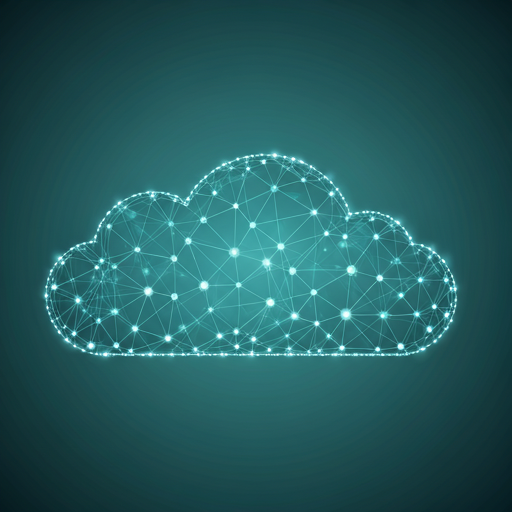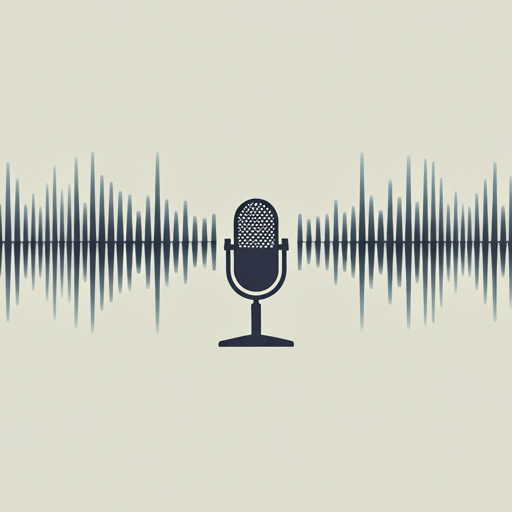AI journaling apps promise to understand your emotions, track your mental health, and provide insights into your patterns. They sound helpful. They market themselves as wellness tools. But behind the attractive interface lies a fundamental violation: machines reading your most intimate thoughts. We built Hello Diary differently, and here's why.
What AI Journaling Apps Actually Do
When an app offers to analyze your mood or provide insights, it must read your diary entries. Not just transcribe them—actually process the content, extract meaning, identify emotions, and classify your mental state. This requires sending your journal text through AI models that parse every word you've written.
These models often don't run on your device. They operate on company servers or third-party AI platforms. Your diary entries become input data for algorithms designed to extract psychological information from text. Every intimate revelation, every vulnerable moment, every private thought passes through corporate systems analyzing what you feel.
The Mood Tracking Illusion
How It's Marketed
See your emotional patterns! Track your mental health over time! Identify triggers for negative moods! Celebrate your progress! The marketing makes mood tracking sound empowering, scientific, and helpful.
How It Actually Works
Sentiment analysis algorithms scan your text for emotional indicators. They identify words associated with happiness, sadness, anger, or anxiety. They rate your emotional state on scales. They generate graphs and statistics about your mental health. All of this requires reading, processing, and storing analyzed versions of your diary content.
The company now possesses not just your raw journal entries, but detailed emotional profiles built from them. They know when you're depressed. When you're anxious. What triggers negative emotions. What makes you happy. This psychological profile is far more invasive than the text itself.
The Privacy Cost of 'Smart' Features
AI analysis requires:
- Sending your diary text to servers for processing
- Storing entries in readable form (not truly encrypted)
- Creating behavioral and emotional profiles
- Potentially sharing data with AI service providers
- Retaining psychological insights indefinitely
- Using your mental health data to improve algorithms
AI Insights: Reductive and Invasive
Human emotions are complex, contextual, and nuanced. Reducing them to simple categories like happy-sad-angry-anxious strips away the rich detail that makes feelings meaningful. You might be simultaneously hopeful about the future and grieving a loss. Grateful for support while frustrated by limitations. AI mood tracking collapses this complexity into simplified labels.
This isn't just philosophically troubling—it's actively harmful. When you see your emotional life reduced to graphs and percentages, you begin to think about yourself that way. Your inner experience becomes data to optimize rather than human reality to understand.
The Historical Precedent: Diaries Were Always Private
For centuries, people kept diaries with the expectation of absolute privacy. Anne Frank's diary is famous partly because diaries were understood as completely private spaces. The diary was where you could be totally honest because no one else would read it.
AI journaling apps break this tradition. They've normalized the idea that something else—an algorithm, a system, a company—will read your diary. We reject this normalization. Some things should remain private, and diaries are fundamental among them.
Our Philosophy: No AI Means Real Privacy
Hello Diary deliberately avoids AI analysis because:
- Your thoughts deserve to be truly unobserved
- Emotional complexity shouldn't be reduced to data
- Diaries should never train corporate algorithms
- Mental health information is too sensitive for AI systems
- The tradition of private journaling is worth preserving
Authentic Self-Reflection vs. Algorithmic Judgment
Real self-knowledge comes from reflection, not algorithms. A therapist can help you understand patterns far better than sentiment analysis. Journaling prompts and questions can guide productive exploration without requiring AI surveillance. The searchable transcript feature lets you review past entries and notice patterns yourself.
The Alternative: Simple, Private, Effective
Hello Diary does one thing well: converts your voice to searchable text, completely privately. No analysis. No mood tracking. No AI insights. Just a secure space for your thoughts.
This simplicity is intentional. By avoiding AI features, we preserve what matters most: the sanctity of private reflection. Your diary is yours alone, never read by systems, never analyzed by algorithms, never contributing to corporate data projects.



